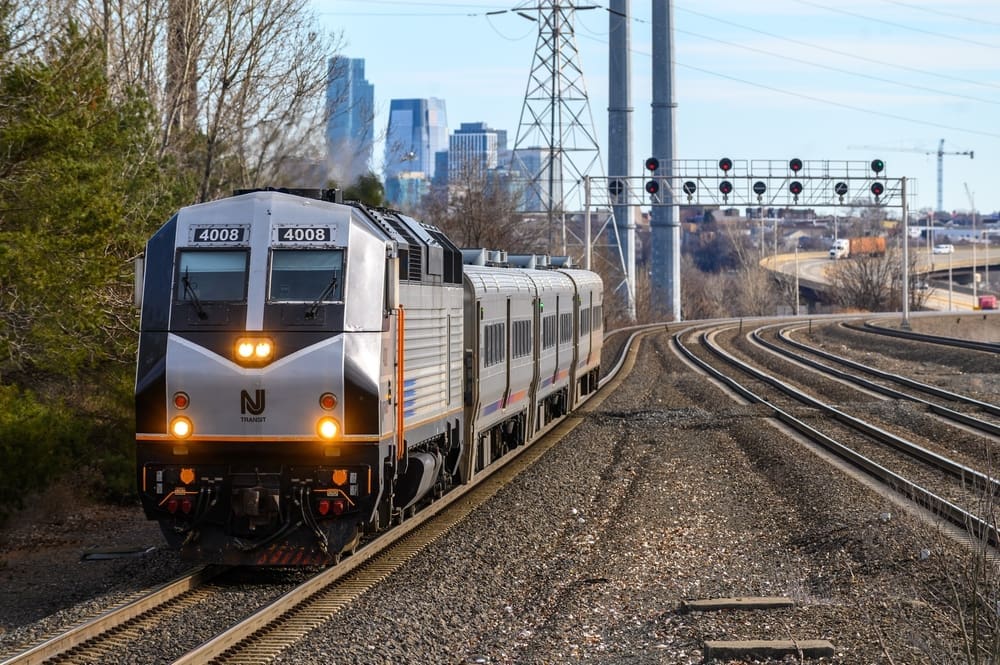NJ Transit’s locomotive engineers began a strike at 12:01 a.m. Friday, shutting down the rail system and forcing hundreds of thousands of commuters to find alternative transportation.
The strike follows weeks of tense negotiations between the Brotherhood of Locomotive Engineers and Trainmen (BLET) and NJ Transit. A tentative agreement was initially reached in March, but BLET was the only union out of NJ Transit’s 15 rail unions to not sign the deal. As a result, engineers opted to strike after failing to reach a new contract.
Governor Phil Murphy, who joined NJ Transit President and CEO Kris Kolluri to address the situation, expressed frustration at the strike’s timing and impact. He emphasized that both sides had worked “around the clock” to avoid this outcome but failed to reach a final agreement. Murphy urged engineers to return to the negotiating table, saying the strike would harm both commuters and taxpayers.
“This strike will upend the lives of hundreds of thousands of New Jerseyans,” Murphy said. “The path to a new contract will be paved at the negotiating table, not the picket line. It is the people of New Jersey who will suffer because of this strike.”
Kolluri echoed Murphy’s commitment to resolving the dispute, emphasizing that NJ Transit remains dedicated to a fair deal. “We have an obligation to the hundreds of thousands of NJ TRANSIT customers,” Kolluri said. “We will remain at the bargaining table for as long as it takes.”
In anticipation of the strike, NJ Transit had developed a contingency plan aimed at mitigating the impact on commuters. The plan focuses on New York-bound passengers, particularly the 70,000 daily commuters traveling to Manhattan. However, NJ Transit estimates that buses can only accommodate around 20% of current rail customers due to limited capacity.
To ease the burden, NJ Transit will enhance existing bus routes near rail stations and contract with private carriers for additional service. Park & Ride services will operate on a first-come, first-serve basis starting Monday, May 19. The service will be available during peak periods from four regional Park & Ride lots.
Murphy urged employers to allow workers to stay home where possible, minimizing the strain on NJ Transit’s limited bus capacity.
While officials continue to work toward a resolution, the strike has already caused significant disruption to New Jersey’s commuter system.
When Will the NJ Transit Strike End?
Back in 1983, an NJ Transit strike lasted almost three weeks. In 2016, NJ Transit came very close to a strike but it was resolved only a day before it started. As of now, there is no telling how long the strike will continue.
The New Jersey Digest is a new jersey magazine that has chronicled daily life in the Garden State for over 10 years.
- Staffhttps://thedigestonline.com/author/thedigeststaff/
- Staffhttps://thedigestonline.com/author/thedigeststaff/
- Staffhttps://thedigestonline.com/author/thedigeststaff/
- Staffhttps://thedigestonline.com/author/thedigeststaff/


